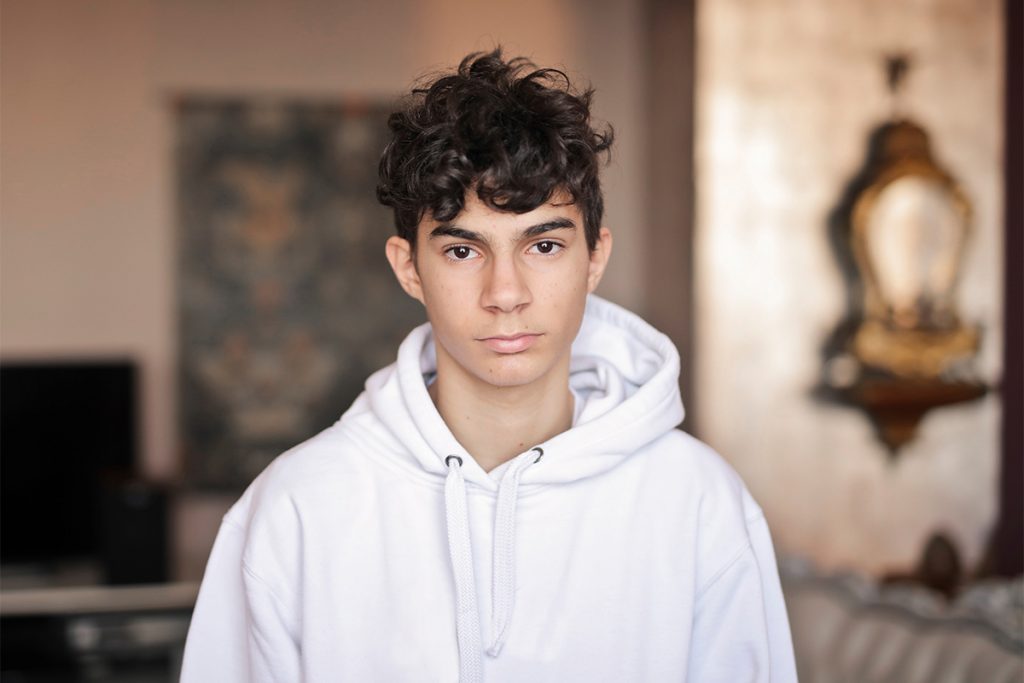Obsessive-compulsive disorder (OCD) doesn’t look the same from person to person. The common view of OCD as just being obsessed with cleanliness, checking locks on doors, or arranging things in patterns isn’t completely accurate. There are several different subtypes of obsessive thoughts, and compulsive actions can be as unique as the person trying to calm themselves by doing it.
The team at Family First Adolescent Services knows that each teen living with OCD deserves a treatment plan that’s tailored to their specific needs. With more than 120 years of combined clinical experience, you can be sure that your teen is receiving the highest quality care. Call 888.904.5947 to learn about our OCD treatment for teens.
Common OCD Patterns
Obsessive-compulsive disorder is a mental health condition that involves a cycle of obsessions and compulsions. A person living with OCD can get stuck in a cycle of unwanted obsessive thoughts about many things. Some of the most common include:
Contamination/Washing OCD
People with contamination/washing OCD often obsess over cleanliness due to an intense fear of germs or contamination. This causes them to wash excessively, clean or sanitize their surroundings obsessively, or avoid places they believe to be unclean.
Doubt/Checking OCD
Those with doubt/checking OCD are anxious or fearful about potential dangers to the point where they compulsively check and recheck their surroundings. They might continuously check that their car door is locked, their homework is done, or the stove is turned off. Since the compulsion of OCD is very strong, reassuring your child that they already checked the item will often not stop them from feeling the need to check it again themselves.
Order/Symmetry OCD
This type of OCD involves the need for everything to be perfectly symmetrical or in order. You might notice that your child spends much time arranging and rearranging items to alleviate their anxiety. If anyone else moves something out of place, they may get extremely agitated and put it back just as they had it.
Violent/Taboo Thoughts OCD
Teens with obsessive violent or taboo thoughts do not have physical rituals like frequent washing, checking, or rearranging like the other types of OCD. Instead, they battle with rumination on thoughts they deem to be taboo or unacceptable. Their rituals are often mental in nature—they may frequently seek reassurance that they will not follow through on the taboo thoughts going through their head. Although they may not express these thoughts to others at the risk of being viewed in a negative light, they may exhibit feelings of fear or guilt.
Obsessive thought patterns can also develop around relationships, religious beliefs, and even sexual orientation. Regardless of what a person with OCD is obsessing about, the distress caused by these thoughts can make them feel out of control if they’re not able to engage in the compulsive rituals that provide temporary relief.
Does Your Teen Have OCD?
Without proper treatment, teens with obsessive-compulsive disorder will continue into adulthood with the same compulsions and rituals. This can make it more difficult to manage their responsibilities at work and home while also creating potential strain in their relationships. Getting them treatment early in life is one of the best things you can do to help them manage their symptoms. Here are a few things to look for if you believe your teen might have one of the four types of OCD:
- Repetitious or excessive behaviors like hand washing, cleaning, sanitizing, or checking that certain actions are completed
- Intense fear that something bad will happen
- Difficulty concentrating or completing tasks due to compulsions
- Avoiding certain places or situations that trigger anxiety
- Extreme perfectionism
Although the obsessions, compulsions, and anxiety affiliated with OCD can be overwhelming, your teen can learn how to manage this condition with a combination of therapy, medication, and support.
Find Help at Family First
Some obsessive thoughts and compulsive behaviors may seem fairly harmless, but they can interfere with your teen’s daily functioning. Contact Family First Adolescent Services online or at 888.904.5947 to learn how we can help. We offer residential treatment for boys 12-18 at our center in Palm Beach Gardens, FL, and day treatment for boys and girls of the same age.

